Who We Are
History
The Carus story is one of innovation. We have enjoyed over a century of growth and success in Illinois’ Starved Rock Country, and we attribute this longevity to continued research and development, with an emphasis on technical support and customer service. We continue to evolve to meet the growing needs of our customer and our world. Today, we manufacture a range of products for the municipal and industrial markets, and the majority of Carus products are used in environmental applications.
1915
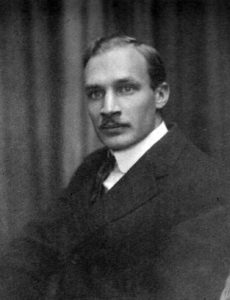
Two years before the U.S. enters World War I, the price of European imports has begun to soar. The U.S. experiences a shortage of potassium permanganate. Twenty-five-year-old Edward Hegeler Carus, a mathematics professor, comes home to LaSalle, IL to find a solution.
Carus creates a makeshift laboratory in an old barn behind his family’s home in LaSalle, the Hegeler Carus Mansion, and begins developing a process for the manufacture of potassium permanganate.
1920s
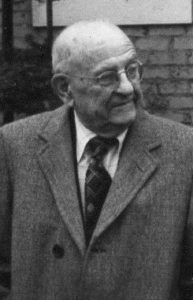
In the aftermath of World War I, potassium permanganate prices drop, forcing all U.S. producers out of business. Of the more than 20 shuttered U.S. manufacturers, Carus is the only one to eventually reopen its doors. Carus invests in new, more efficient technology.
By 1923, the company is back in business. Karl Kleimenhagen, one of Carus’ early innovators, invents the world’s first electrolytic permanganate cell, a design which remains the basis of electrolytic permanganate cells still in use nearly a century later.
1930s
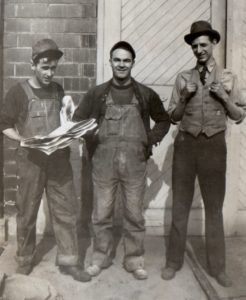
In the mid-1930s, Carus builds a new plant for the manufacture of two growing product lines: manganese sulfate and hydroquinone. Carus was the first company to provide large quantities of manganese sulfate to Florida for use in fertilizer for the state’s sandy soil. This fueled a boom in Florida’s agricultural industry.
Hydroquinone is a chemical used for developing photos, which Carus manufactured until the late-1970s. Some of Carus’ earliest innovators, including Karl Kleimenhagan and Joseph Schumacher, held patents for Carus’ hydroquinone manufacturing process.
1940s
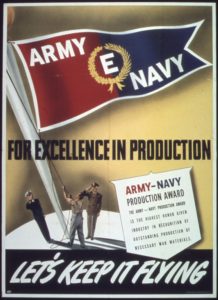
World War II spikes demand for potassium permanganate, used in nylon production at the time. Carus expands its facility and operates around the clock. For its wartime efforts, Carus becomes one of the first companies to be offered the Army-Navy E Award. Carus respectfully declines the recognition, avoiding publicity and possible threat of sabotage.
1950s
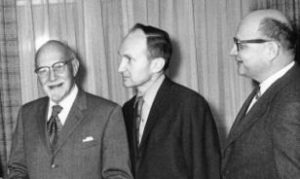
Dr. Edward Hegeler Carus gives management responsibilities to his sons, Blouke and Paul. Blouke leads a significant plant modernization, and after ten years Carus has patented technological advances that position the company as a world leader in potassium permanganate production.
By 1961, a batch of potassium permanganate, which had taken a week to produce in 1951, was produced in 12 hours. Carus intensifies its marketing and researches new product uses. The company develops the potassium permanganate method for water treatment and introduces it to cities throughout the U.S.
1960s
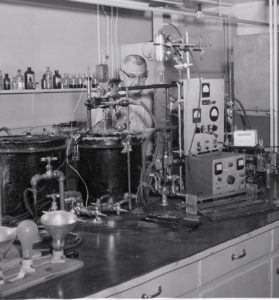
Carus grows to become the world’s largest producer of potassium permanganate. Production capacity is at an all-time high. Carus creates the brand name CAIROX® (originally spelled Carox) and forms new marketing strategies. The company also increases its sales and marketing staff, and strengthens its position in diverse markets like metal descaling, air purification, and beeswax bleaching.
As a result of increased customer interaction, Carus is able to tailor products and services to meet specific customer needs. A new free-flowing grade of CAIROX® is designed to be more user-friendly, and to allow Carus to ship larger quantities to customers.
1970s
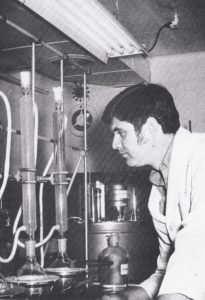
Carus offers new environmental solutions and new services to identify and meet customer needs. New solutions include air scrubbing technology. The Environmental Protection Agency and the Safe Drinking Water Act are established. Carus helps industries and communities meet new regulations.
1980s
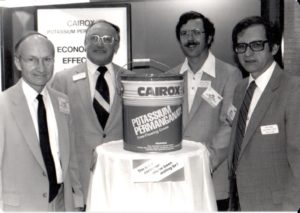
Carus completes a major plant expansion. One year later, a global recession and the loss of Carus’ largest customer give Carus the opportunity to demonstrate its resilience. With research and innovation, Carus emerges with new solutions for wastewater treatment, air purification, and the electronics industry. Carus also enters the fashion industry, developing a product used by designers to create the iconic stone-washed denim look.
1990s
Carus enters the soil remediation market with technology that treats chlorinated ethenes (carcinogens found in degreasers and dry cleaning solvents), cleaning polluted land so it is once again safe for use.
Also in this decade, Carus begins participating in several community outreach programs, including the Illinois Department of Natural Resources’ “Adopt a Trail” program, the American Chemical Society’s National Chemistry Week, and the Scientific Work Experience Program for Teachers (SWEPT). These Carus traditions continue to grow in popularity into the company’s second century.
2000s
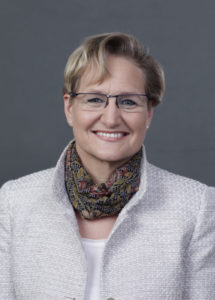
Carus acquires the potassium permanganate business of Industrial Química del Nalón (IQN) of Oviedo, Spain. The focus of the newly-formed European subsidiary is to grow Carus’ international market reach. Carus also acquires a phosphate company in Belmont, NC.
Inga Carus, formerly European Sales Manager for Carus Corporation, becomes President and CEO in 2005, representing the third generation of the Carus family to lead the company.
2010
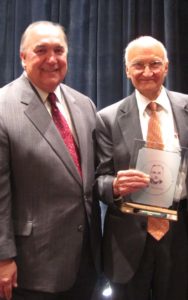
Carus is nationally recognized for excellence in community service as the 2010 recipient of the National Association of Manufacturers’ Sandy Trowbridge Award.
2012
In 2012, Carus celebrates the twenty-fifth anniversary of its Tuition Assistance Program, an employee benefit that offers tuition reimbursement for dependents. In its first twenty-five years, the program pays out more than $3 million in tuition reimbursement.
2014
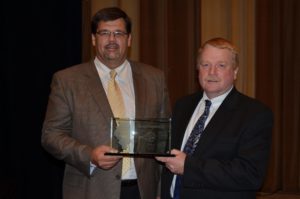
Carus reduces energy use at its largest manufacturing facility twenty-eight percent in five years, becoming a four-time recipient of the Responsible Care® Energy Efficiency Award, and a 2014 recipient of the Governor’s Sustainability Award.
2015
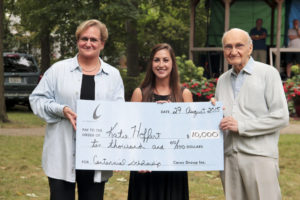
In 2015, Carus celebrates its first 100 years with a Centennial Picnic at the Hegeler Carus Mansion, a community-wide holiday open house at the Peru Headquarters, and a Centennial Scholarship for a college student who proposes a new way to use chemistry to solve an environmental problem.
2019
In 2019, Carus welcomes new investor to accelerate growth. The organization announces a strategic investment from, and long-term partnership with, Seidler Equity Partners, a private investment firm headquartered in Marina Del Rey, California.
2022
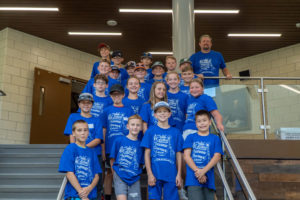
In 2022, Carus celebrates the thirty-fifth anniversary of its Tuition Assistance Program, marking more than $5 million in tuition reimbursement.
Carus also celebrates 20 years of Summer Science Camp. The annual camp is free of charge for local students, and focuses on developing in-demand STEM skills like communication, problem solving, and critical thinking.
Culture
As an organization, we are committed to embracing and embodying our Core Values in everything we do. Focused on Trust, Collaboration, Resourcefulness, and Results, Carus team members know that every project, every meeting, and every interaction count. We are committed to providing exceptional service to both internal and external customers.
We are proud to be one of the top employers in Illinois’ Starved Rock Country, with employment opportunities spanning a variety of specialties in chemistry, manufacturing, logistics, sales, and more. Are you ready to take the next step in your career? Join our team!
Trust
We treat each other with respect, dignity, and fairness.
Collaboration
We share knowledge with each other.
Resourcefulness
We focus on options rather than limitations.
Results
We do not confuse efforts with results.

